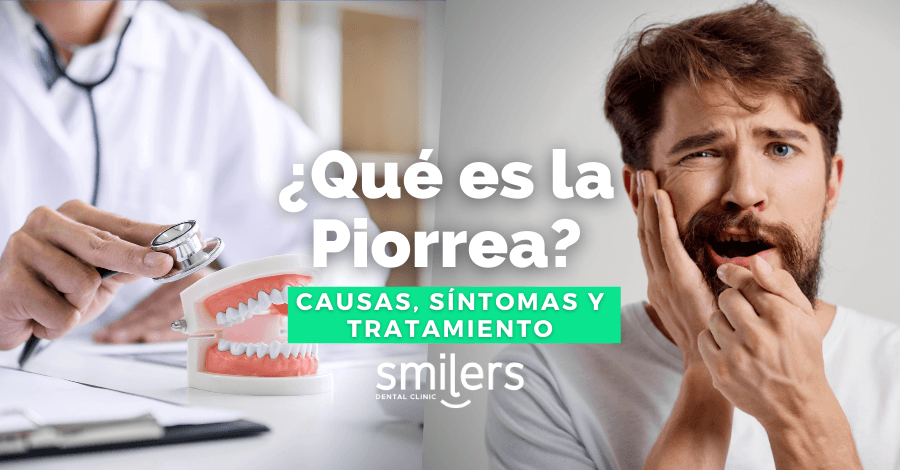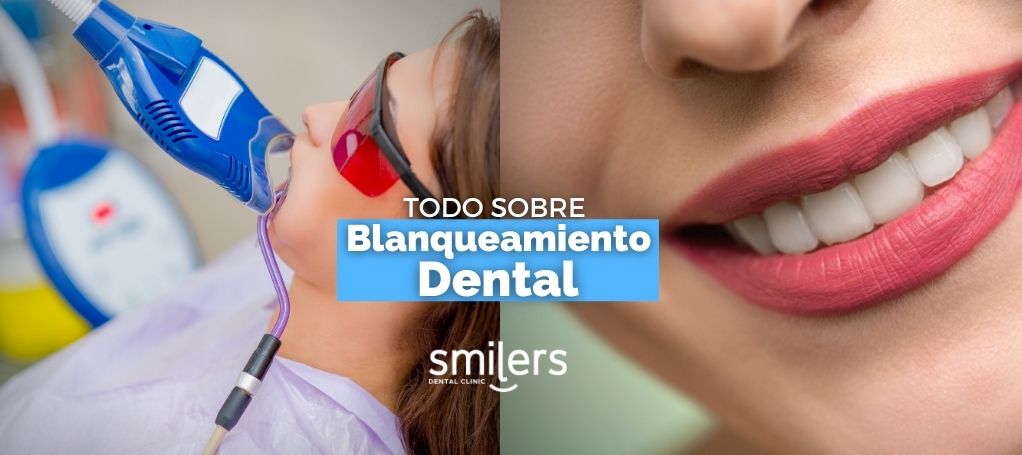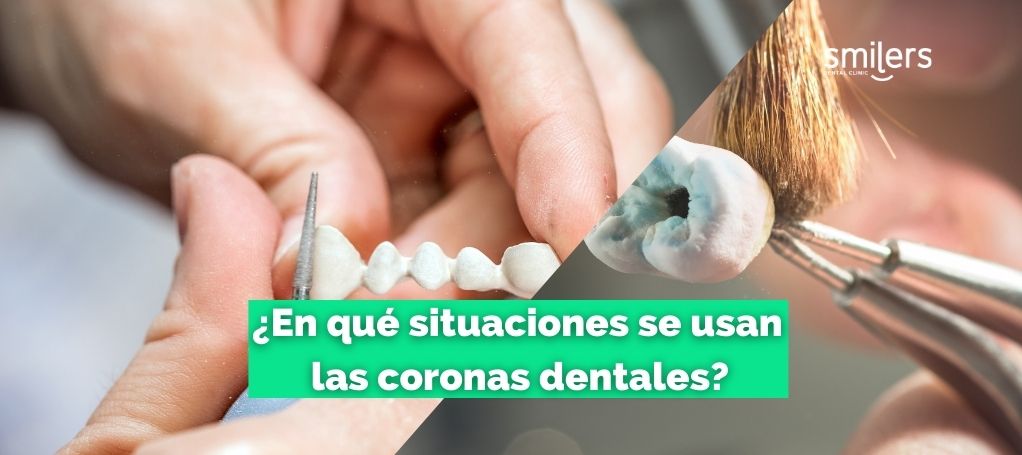Pyorrhoea, also known as acute periodontitis, is an infection of the gums. It is a serious and irreversible disease that will affect the structure of the tooth, causing not only inflammation of the affected area but also bone deterioration.
Considering the seriousness of this pathology, it is not surprising that it is one of the main causes of tooth loss .
Throughout this article we will talk extensively about pyorrhoea; symptoms, stages of the disease, causes, treatment, etc.
It is extremely important that if you develop symptoms of acute periodontitis you see your general dentist immediately.
Causes of pyorrhoea
The main cause of pyorrhoea is related to poor dental hygiene(now do you understand why dentists are so insistent?). Once again it should be made clear that the dental hygiene routine is not only about brushing after every meal, but also about the importance of flossing on a daily basis. Thanks to this element we can remove food debris and bacterial plaque that we cannot remove with a toothbrush.
In addition, dental rinses or mouthwashes are another must-have item in our dental hygiene routine.
Gingivitis and pyorrhoea
Pyorrhoea can appear after gingivitis, as these diseases are closely related to each other. We could say that gingivitis is the initial phase of gum infection and if we do not solve this problem we run the risk of periodontal disease progressing to pyorrhoea.
Gingivitis, unlike pyorrhoea, is a mild disease that can be easily solved. However, when the disease progresses, we must be aware that we are dealing with a serious and irreversible pathology, so treatment will be focused on slowing down the progress of the disease.
Finally, there are other causes of pyorrhoea such as smoking, alcohol or suffering from different diseases such as diabetes.
Symptoms of acute periodontitis
When we talk about the symptomatology of pyorrhoea, the following symptoms should be highlighted:
- Inflammation and bleeding of the gums: this is the most common symptom of this disease, although it is not the only one.
- Bad breath: a condition known as halitosis.
- Receding gums or the appearance of small black spots between the teeth are other symptoms related to pyorrhoea.
If we have any of these symptoms, it is essential to make an appointment with our specialist, as it is possible that the disease is still in its initial phase and there are different treatments that can be adapted to our situation.
Treatment of pyorrhoea
We have already made it clear that pyorrhoea is an irreversible disease, so there are no effective treatments to solve the problem. This does not mean that you cannot do anything about it, but you should make sure you visit your dentist to see the different alternatives that will improve your dental health.
There are a series of techniques that allow us to slow down the progression of the disease and, thanks to this, we will not only avoid the appearance of infections in the gum but we will also save the tooth.
First of all, antibiotics must be taken to eliminate the bacteria that are causing the gum infection. Another process used to treat pyorrhoea is a complete dental cleaning, a simple procedure that involves the removal of tartar and bacterial plaque that is lodged in the teeth, especially in the area near the gums.
Gum scaling or dental curettage is another of the most common treatments for pyorrhoea. In this case, the intervention focuses on eliminating the bacteria that are lodged in the gums and which are the main cause of this serious periodontal disease.
Treatments for pyorrhoea will control the disease, although it is important to emphasise that they must be carried out regularly. This is the only way to prevent the disease from reactivating. In conclusion, we can say that pyorrhoea is a relatively common oral disease that is characterised by being serious and irreversible, and it is vitally important to carry out different treatments to prevent tooth loss.
This post is purely informational and does not replace a consultation with the dentist in any way. Contact the smile agents team to schedule an appointment with one of the dentists at Smilers Dental Clinic.



